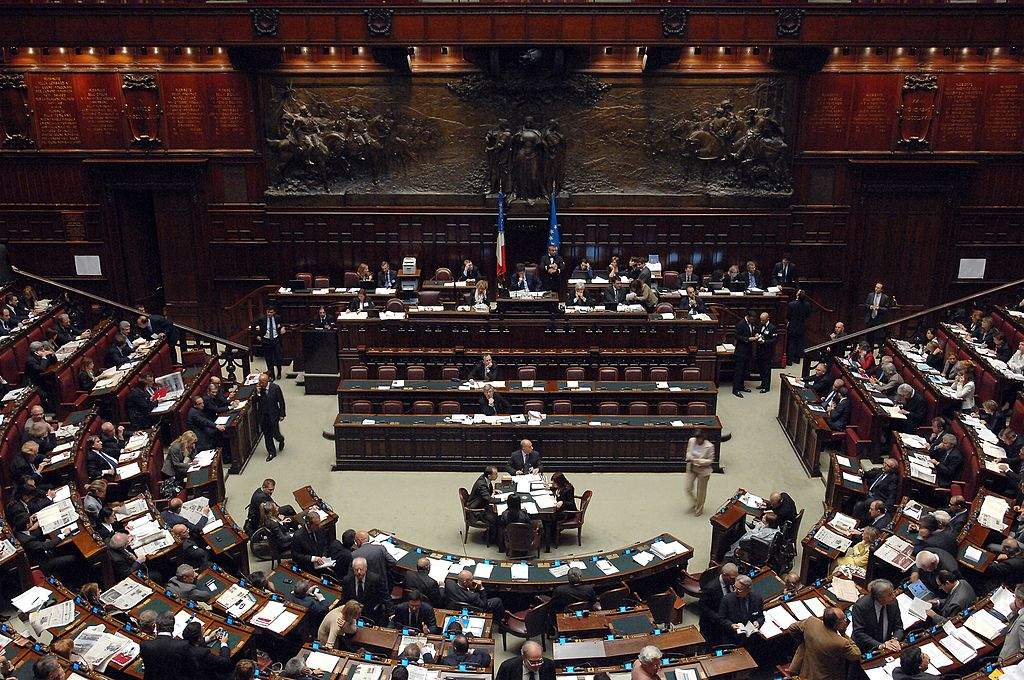The House Culture Commission met yesterday to decide that it has made its assessments on the outline report on how Italy will invest part of the resources allocated by the Recovery Fund in culture(here all the proposed projects for culture). The 7th Commission thus supplemented the general purpose contained in the government’s proposed guidelines with some remarks.
Meanwhile, the Commission noted that it will be necessary to pay special attention to the promotion of the cultural industry and tourism (which the government’s guidelines recognize as Italy’s “true strategic asset”), to support the protection of artistic, cultural and natural heritage, particularly for small and medium-sized cultural attractors, and to promote the widest possible enjoyment of it. Priorities include the extension of the extraordinary energy efficiency plan to the lugohi of culture, for both public and private heritage, as well as the design of interventions to make sites and places of culture earthquake-proof, and ensure for the places themselves an integrated national system of monitoring and risk prevention (earthquake-proof adaptation is one of the proposed projects).
According to the Commission, it will then be appropriate to create lines of investment directed toward the enhancement of the performing arts and performing arts and the support of the many high-level professionals working in the arts, throughout the entire chain starting from the creative and authorial stage. An action plan that can protect and develop all the human capital of the cultural sector will also be essential, since the Commission recognizes that the value of our artistic and cultural heritage is closely linked to the working conditions of those who work in it.
It will then be essential to draw up plans that connect creativity, a solid activity to combat educational poverty and the sustainability of cultural heritage with the specific cultural and professional enhancement needs of communities and territories, with particular regard to historic villages in inland areas (in fact, one of the proposals for action concerns the redevelopment of small villages): according to the Commission, events, shows and performances must become a vehicle for attracting lesser-known places, which are outside mainstream tourism channels.
Again, heritage will have to be reintegrated, the Commission argues, into a circuit of production of economic and social values and multiplication of territorial supply chains, in order to ensure continuity and stability of prevention and protection interventions. It will then be necessary to pay attention to the system of cultural and creative enterprises, which are central to the issues of culture and creativity and are an important part of the entire cultural sector, especially in the processes of revitalization of the civil and economic fabric of our country. Again, in the Commission’s opinion, it will be necessary to support the project of internationalization of the cinema and audiovisual industry, through aid to the production chain, in order to expand and modernize it, as envisaged in the Government’s proposed Guidelines, and consequently, economic investment in the construction of infrastructures, studios, incubators of companies specialized in production and post-production will be important.
Finally, the Commission notes that it will be necessary to carry out a plan for the digitization of cultural heritage, aimed at feeding the system of cultural heritage and activities, that of tourism and the complex of the activities of the administration itself, and to expand the sphere of free access to cultural heritage, associating digitization with a development that multiplies its replicable use in different fields and functions for the purpose of protection, of risk prevention, editorial promotion, communication, education, and fruition development, ensuring contributions to longlife learning, gamification processes, merchandising, and tourism promotion, stimulating the creation of networks that can facilitate the dissemination of knowledge and technologies, ensuring adequate compensation to attract skilled workforce.
 |
| Recovery Fund, here are the priorities according to the Culture Commission |
Warning: the translation into English of the original Italian article was created using automatic tools. We undertake to review all articles, but we do not guarantee the total absence of inaccuracies in the translation due to the program. You can find the original by clicking on the ITA button. If you find any mistake,please contact us.